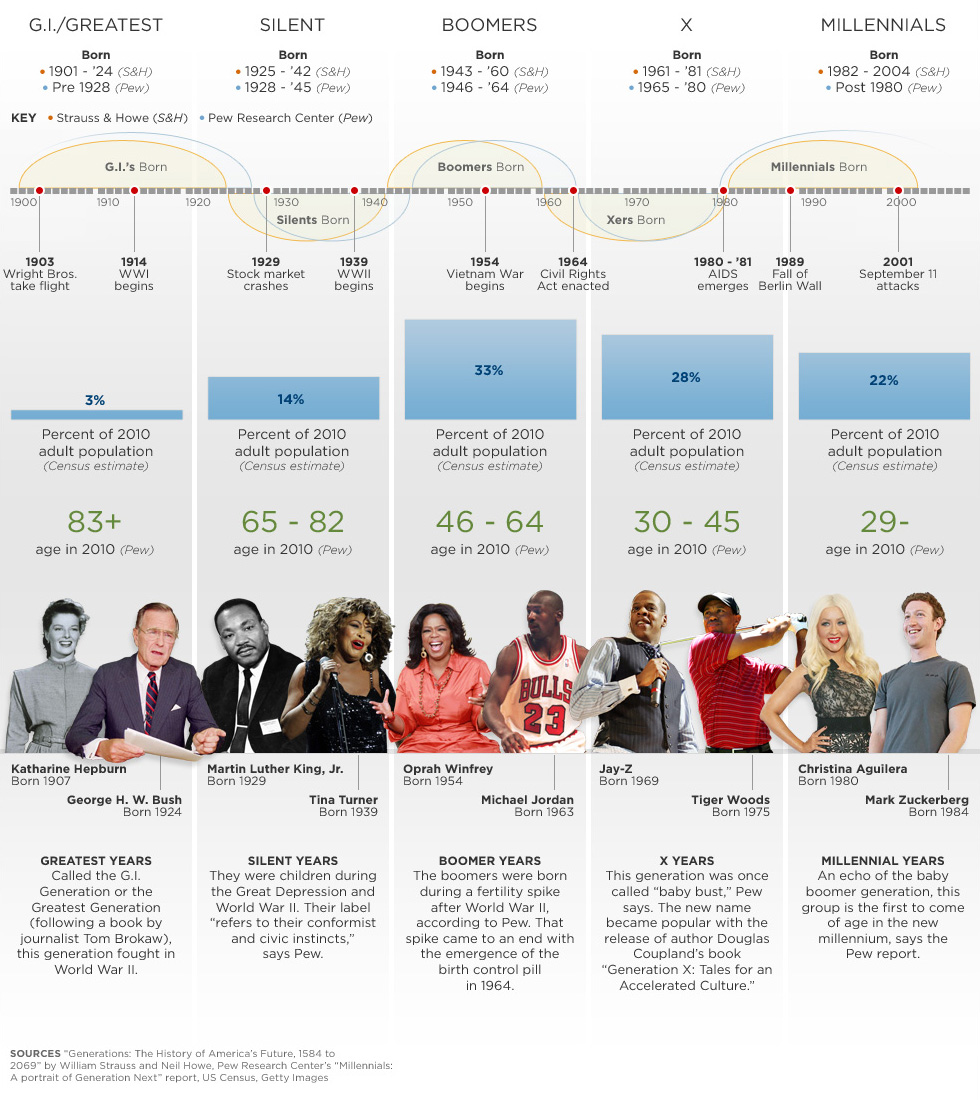A couple of weeks after the US election, I was asked to contribute an essay to the Church of Scotland magazine called Life and Work. The topic was about "healing America" after such a divisive election, and they were asking a number of American citizens living and working in the Church of Scotland to reflect. I said that I was feeling a bit cynical about calls for "healing" and that these were likely the most dangerous two months in post-Civil-War US history, but I would try.
The essays ended up having to be significantly edited for length, but I was told I could publish my full original essay here. The magazine was published this week...and after the events of this week in Washington DC and a number of US state houses, I thought it was time.
~~~~
It feels difficult to write about healing a post-election USA when the election is, in many ways, still ongoing. It may or may not be too strong to say that I’m writing while we are witnessing an attempted coup, but however it turns out, I think it’s safe to say that the divisions in the United States are deep and present-tense, and will not be easily plastered over.
Indeed, it actually feels a little bit trite to talk about “healing” when that carries some implications of restoration to a previous health that I’m not sure has ever truly existed. From the inception of the nation, it has carried an illness (white supremacy and a sense of exceptionalism) that has inexorably led to this brokenness. Should that brokenness be healed if it means simply returning to the way things used to be? If that’s the road taken, then we will surely find ourselves at this same place again, and again, and again.
I want to be hopeful that the moment we are witnessing now is indeed a moment of transformation. Once upon a time, the racism in the country was institutionalised as a system of enslavement and of colonial expansion. Then it was institutionalised as a system of segregation. Then there was a period when racists hid behind hoods and under cover of darkness. Today it’s again out in the open, and that feels, paradoxically, like a move toward health. After all, we cannot transform what we do not name. Pretending the problem of white supremacy and nationalism does not exist will only allow it to grow (as has happened for the past 50 years when many thought we had made great strides). Now that we can see plainly that much of that progress was an illusion, there is hope for real change. Much like South Africa needed Truth in order to have Reconciliation, the same is true in the USA. And there has not been very much truth-telling there.
For centuries it has been the American way to present an image, to paper over differences (or to melt them together, we might say), and to act as if everything is fine — as long as you’re white, you’re one of us. But underneath, the sense that people of colour might not be “real” Americans, that they were inferior in some way, has persisted, both subconsciously in people (and consciously in plenty of people) and systemically in the way society and economy and culture are structured. Honesty about that could pave the way forward.
Perhaps the fact that so much division is now visible to the white gaze, where it used to be hidden (but still present, and has always been visible to non-white people!), is actually a good thing. It allows us to honestly see how much work we have to do, and to do it for real this time rather than just with a few words that are nothing more than a cheap plaster that does nothing for true healing. This will be heartbreaking work, but also heart-healing work — if we are willing to engage with it at every level, not just as individuals but also in the way the economy works and doesn’t work, in the ways cultural institutions (music, dance, theatre, art, literature) are valued, in government, in systems of power in communities, and within churches. It will mean wrestling with theological language that equates “dark” with “bad,” it will mean changing the way resources are used, it will mean adjustments in who is at the table when decisions are taken, it will mean listening and believing the stories people tell, it will mean stepping aside to allow new leadership, and — perhaps most difficult of all for a nation built on rugged individualism — it will mean actually caring about and for our neighbours in tangible ways and in policy ways.
The current situation feels so destabilising, but maybe that’s exactly what the USA needs if it is to truly achieve a society of “liberty and justice for all” and not just some. So I hope President Biden won’t rush to “healing” but will first encourage some soul-searching and truth-telling, so that the healing that eventually comes will be on a cellular level and not just skin-deep.















